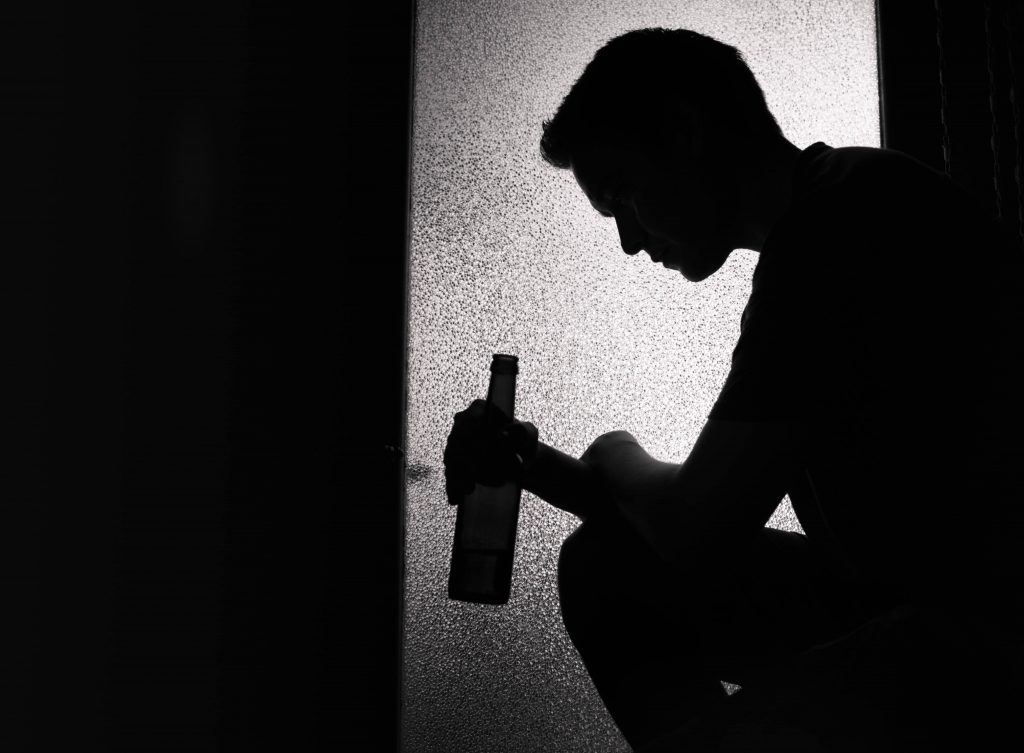Overcoming alcoholism is a life-changing accomplishment, but remaining sober isn’t easy. Even after participating in treatment programs, peer support groups, and counseling sessions, individuals who have recovered from alcoholism can relapse. Although undesirable, relapse does happen — in fact, it happens often. An estimated 90% of individuals in recovery have at least one relapse before they achieve lasting sobriety. This is a reminder that addiction is, in fact, a chronic condition. The good news is there are signs you can look for that can help you know when an alcoholic has started drinking again. Recognizing these signs can help prevent overdose and encourage the recovering addict to get help, which can ultimately, save their life.
How to Tell If An Alcoholic is Drinking Again
Here’s a little insight into what usually happens when an alcoholic starts drinking again.
1. Their Attitude Changes
This change in attitude can be different for each person, but generally, alcoholics who have started drinking again display drastic shifts in their personality. Participating in recovery activities may not be as important to them as it once was. They may be moody, irritable, or “off” in other ways. You may not be able to identify exactly what’s wrong, but you’ll probably be able to pick up that something is amiss.
2. They’ll Start Denying Things Again
If you decide to ask them what’s wrong or inquire about what’s going on with them, you may notice they deny or minimize your concern. They probably won’t admit that they’re overwhelmed or that daily stressors are getting to them. Instead, they will likely try to convince you that everything is okay. The honesty they may have developed in treatment and continued in early recovery will slowly fade into denial.
3. They’ll Start Isolate Themselves
Often denial will lead to isolation. They might stop going to support group meetings or cut back on the number of meetings they attend. Whether they choose to separate themselves from you, family members, close friends, co-workers, or others in recovery, individuals struggling with their sobriety tend to make up excuses to stop socializing with others.
4. They Re-Engage With Old Habits
This can differ from person to person, but usually, if an alcoholic spends time in the places or with the people associated with their past, they might be drinking alcohol again. Other old habits to watch out for can include:
- Neglecting responsibilities
- Not being able to remember things
- Having problems at work
- Borrowing or hiding money
- Self-medication
5. Their Lives Becomes Less Structured
When alcoholics start drinking again, they start to abandon the daily routines and schedules they developed during the early parts of their sobriety. For example, they may sleep late, skip meals, avoid work, stop taking prescribed medication used for managing alcoholism, and ignore their personal hygiene. They may also neglect personal tasks and have trouble with work, school, or family responsibilities.
Other Signs of Relapse
Alcoholics that have relapsed may also have:
- Difficulty making decisions
- Trouble thinking clearly
- Feelings of being overwhelmed for no apparent reason
- Anxiety and trouble relaxing
Helping Individuals Achieve Sobriety After Relapse
Here at Aftermath Treatment Center, we know that relapse happens. We also know that relapse doesn’t have to be the end of an individual’s recovery journey. Our treatment programs can help individuals get back on track after relapse and regain their sobriety. Contact us today if you or someone you know has relapsed. We believe that their aftermath can be healthier, better, and greater than their past.





